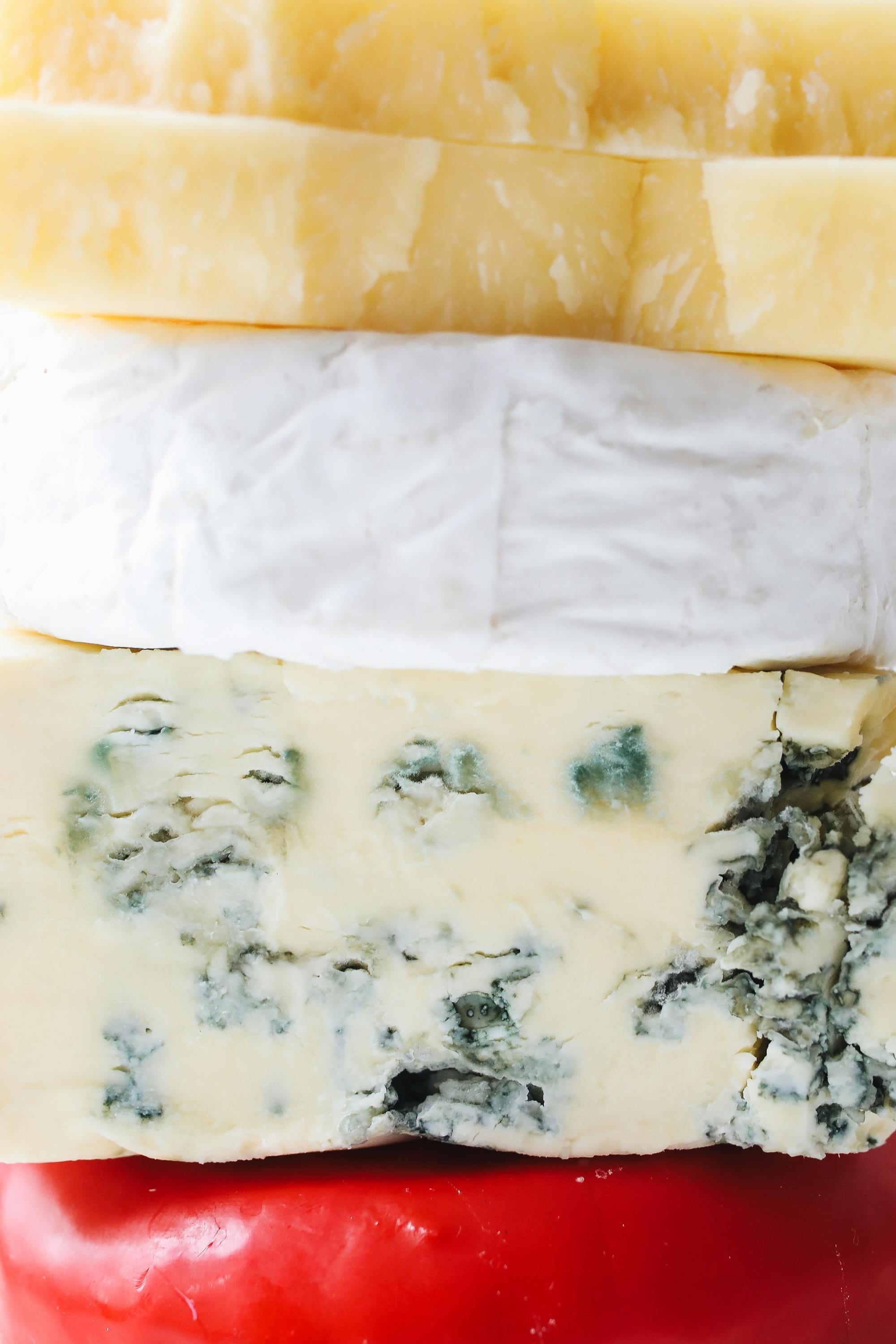Understanding Cheese Consumption During Pregnancy: What's Safe and What's Not?

Pregnancy is an exciting journey that comes with a lot of questions, especially regarding diet. One commonly asked query is about the consumption of cheese during pregnancy. Can pregnant women eat cheese? The answer is nuanced, as not all cheese types are safe for expectant mothers. This article intends to provide an in-depth understanding of which cheeses are safe to consume during pregnancy and the types to avoid.
Cheese in Pregnancy: A Nutritional Powerhouse?
Cheese is an excellent source of many essential nutrients required during pregnancy, like protein, calcium, and certain types of Vitamin B. It also contains phosphorus, fat, and zinc. Adequate intake of these nutrients is vital for the development and overall health of the baby. For example, calcium is crucial for the development of the baby's bones and teeth, and protein is essential for cell growth.
Aged Cheeses: The Safer Bet for Expectant Mothers?
Many types of cheese are safe to consume during pregnancy. The key lies in the maturation process. Aged cheeses, for example, have a lower risk of containing bacteria like Listeria due to their preparation and aging process. Some of the pregnancy-safe cheeses that are extensively aged include Cheddar, Swiss, Parmesan, and Gouda.
Pasteurized Cheeses: The Go-To Choice
When choosing cheese during pregnancy, the critical factor to consider is whether it's pasteurized. Cheese made from pasteurized milk is subjected to high temperatures that effectively kill harmful bacteria that might pose a risk to the fetus. Mozzarella, Colby, Monterey jack, and cream cheese are commonly consumed pasteurized cheeses safe for pregnant women.
Soft Cheeses: A Wary Territory
Not all cheeses are made equal, and while many might be a source of nutritional benefits, some types are best avoided during pregnancy. Soft cheeses like feta, Brie, and Camembert may carry a higher risk of bacteria contamination because they are often made from raw, unpasteurized milk. The moist environment within these cheeses also provides a favorable breeding ground for bacteria.
Blue-Veined Cheeses: On the No-Go List
Blue-veined cheeses such as Gorgonzola, Roquefort, and Stilton are less firm and more humid, thereby providing an ideal environment for bacteria to grow, making them risky to eat during pregnancy. It's essential to avoid these cheeses to reduce the risk of a Listeria infection.
Contaminated Cheese: Understanding the Risks
Cheese contaminated with the Listeria bacteria is particularly dangerous for pregnant women. Even though Listeriosis (an infection caused by Listeria) is relatively rare, pregnant women are more susceptible to it. If contracted, this infection can lead to severe complications such as premature delivery, miscarriage, or severe illness in newborns.
Navigating the Cheese Aisle: Tips to Remember
When shopping for cheese when pregnant, remember to always check the labels to ensure the cheese is made from pasteurized milk. If in doubt, it's best to avoid it. When dining out, it's also crucial to confirm with your server that the cheese served is indeed pasteurized. Also, consider hard, aged cheeses over soft, fresh varieties due to their lower risk of bacteria.
Conclusion
Understanding cheese consumption during pregnancy can indeed seem tricky. However, with the right knowledge and mindful choices, pregnant women can safely enjoy various cheeses while ensuring they and their babies remain safe and healthy. Always remember to choose aged, hard cheeses and those made from pasteurized milk over those that are soft, fresh, and made from raw milk. By following these simple guidelines and regularly discussing your dietary choices with a healthcare provider, you can navigate cheese consumption during your pregnancy confidently and safely.





